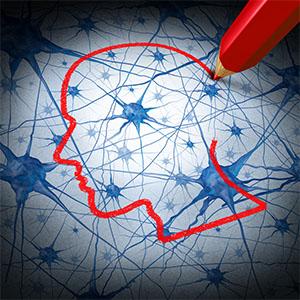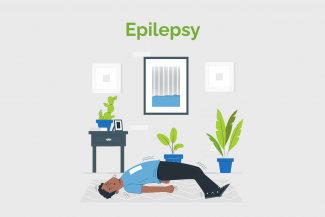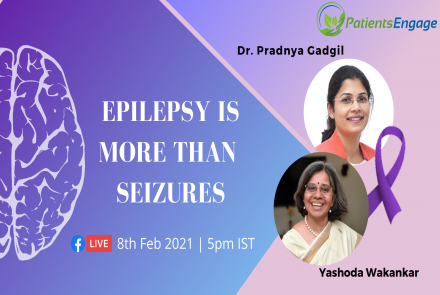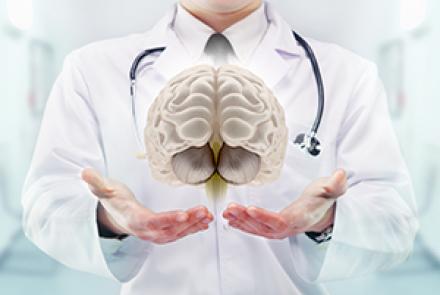Epilepsy is a chronic disorder marked by recurrent, unprovoked seizures. Many people with epilepsy have more than one type of seizure and may have other symptoms of neurological problems as well. According to WHO, it affects 50 million people worldwide. 75% of the people with epilepsy in low and middle income countries do not get treatment for Epilepsy

What are the signs and symptoms of Epilepsy?
- Temporary confusion
- Uncontrollable jerking movements of arms and legs (commonly referred to as seizures)
- Loss of consciousness
- Staring spell
What are the complications of Epilepsy?
- Falling: which causes injury to your head or break a bone
- Drowning : if you have epilepsy you are 15 to 19 times more likely to drown while swimming or bathing than rest of the population
- Accidents : A seizure that causes either loss of awareness or control can be dangerous if you are driving a car or operating heavy machinery or equipments
- Pregnancy complications : seizures during pregnancy will be dangerous to both mother and baby. Antiepileptic medications increase the risk of birth defects. It is better to consult a doctor if you are planning to conceive. Careful monitoring during pregnancy will be imperative to ensure a healthy baby.
- Emotional health problems : Epilepsy persons are more likely to have psychological problems such as depression, anxiety and suicidal tendencies.
- Status epilepticus : It occurs if the person is in a state of continuous seizure activity for more than 5 minutes. People with status epilepticus have increased risk of permanent brain damage and death.
- Sudden unexplained death in epilepsy : Cause is not known, but it may occur due to heart or respiratory conditions.
Changed
14/Aug/2017
Condition













